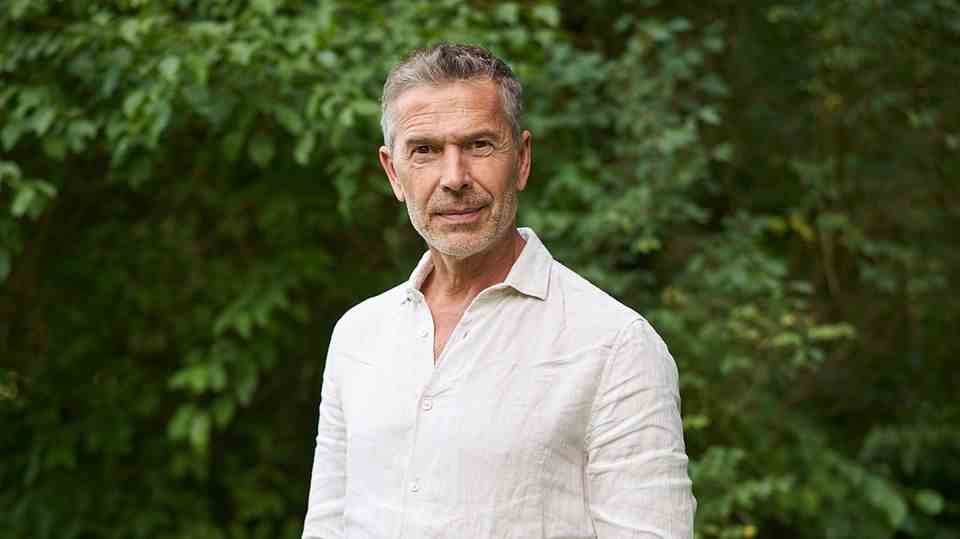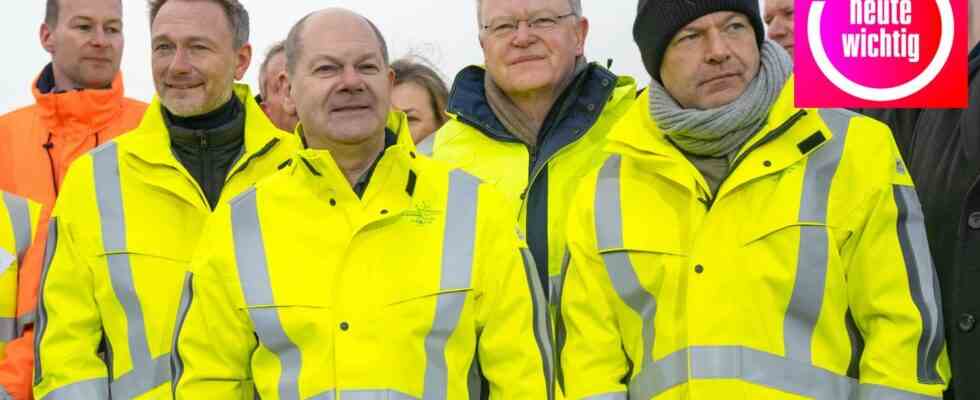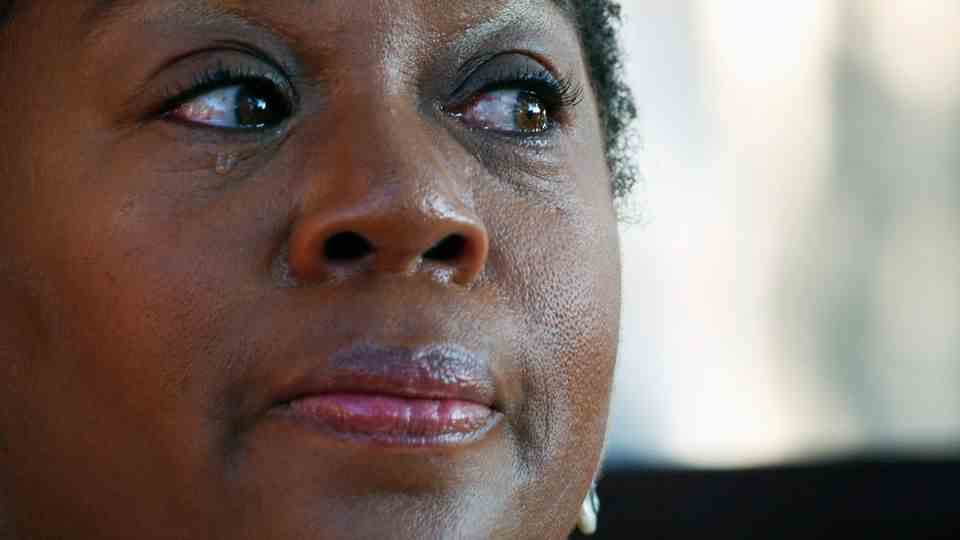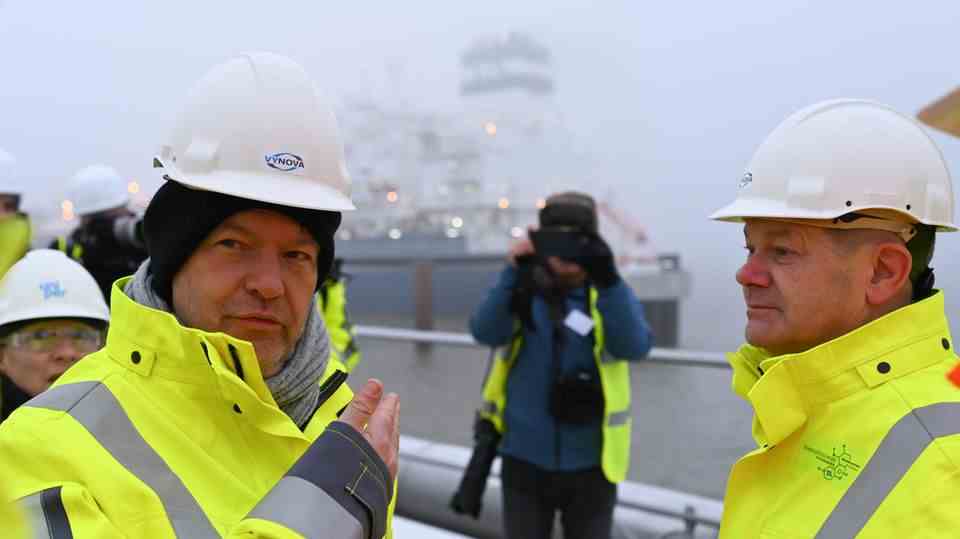podcast
“important today”
Climate balance sheet 2022: Compassion for Habeck, the 1.5 degree lie and a proxy war with wind turbines
At the weekend, the first German LNG terminal was opened in Wilhelmshaven in the presence of Federal Chancellor Olaf Scholz (centre).
© Sina Schuldt / DPA
The corks popped in Wilhelmshaven at the weekend: the first German terminal for liquefied natural gas was opened. LNG is anything but a future technology – and in some cases even a return to Russian gas.
What beautiful pictures they were from Wilhelmshaven: an overjoyed Federal Chancellor and next to them the good-humored Economics and Finance Ministers. With all the euphoria about the extremely fast construction of the first LNG terminal, one must not forget that liquefied natural gas is still gas. Namely gas, which comes partly from Qatar and partly from Russia. Yes, 13 percent of the liquefied natural gas imported into Europe comes from Russia. The LNG from Russia reaches our pipes directly via the Netherlands and Belgium.
In the 429th episode of the podcast “important today”, the science journalist from GEO, Dirk Steffens, also takes a very critical view of the liquefied natural gas issue: “The LNG terminals are also oversized. I think if I remember the numbers correctly , the total capacity that is to be expanded there is greater than anything that we have previously received via pipelines from Russia. And gas can, under certain circumstances, be as harmful to the climate as coal when it is burned.”
And although he also emphasizes here that it was necessary for the energy industry to promote fossil fuels for Germany, he describes this decision as a fatal mistake in terms of climate protection. After all, Germany will not achieve its climate targets by 2030. “We have to move away from fossil energy in every single step, wherever we can,” says Steffens in an interview with “Today’s Important” editor Dimitri Blinski.
Eight wind turbines in Bavaria in 2021
The traffic light coalition wants to bring in a breath of fresh air – and it is sorely needed. Not only in a figurative but also in a direct sense, especially with wind energy there is an increasing slack in Germany. The largest federal state of Bavaria installed just eight wind turbines last year. In order to achieve the traffic light climate targets, we need 1,500 to 2,000 units per year in Germany.
The 1.5 degree target cannot be reached: “We are seriously being lied to”
When it comes to the 1.5 degree target, Dirk Steffens criticizes the traffic light coalition: “In fact, we as humanity can no longer achieve that.” Germany must now focus on the 2-degree target, because that would make it easier to meet the target. He also understands the frustration of society from this point of view and therefore expresses his sympathy for the concerns of climate activists of the last generation. However, he does not find the activists’ approach okay. “It’s an arrogant attitude,” he goes on to explain, because “radicalizing oneself also requires being a boss.” Instead, his wish is that Germany would develop more public spirit again. On both a political and a human level, it would be much easier to jointly pursue common interests – which include climate protection.

Dirk Steffens, GEO science editor, on the 1.5 degree target: “We are seriously being lied to”
© Dirk Steffens, GEO science editor
The Ministry of Transport is failing when it comes to climate protection
“We saw a lot of nice successes in the last year that we haven’t seen in the 16 years before.” The traffic light is doing a lot of good things to promote climate protection. As an example, he cites the successful implementation of the 9-euro ticket, but also points out in the same breath that the traffic lights are not able to communicate their successes. The big problem: “We’re just a federal, pluralistic society.” He is particularly disappointed with the Ministry of Transport. Because the transport sector has never reached its climate goals and will not be able to do so in the near future either. Here he speaks clearly of a “total failure of climate policy” and also demands: “They finally have to get their ass off.”
Climate protection conferences: no longer the instrument of our time
In November 2022, the UN climate conference took place in Egypt. Dirk Steffens has a clear opinion on this: “This conference wasn’t worth sending tens of thousands of people around the world and letting them sit there for so long. It could have been left out.” Because at conferences like this it’s always just about how the burdens are shared, who pays whom money and who has what advantages and disadvantages. “So, as a national government, you always try to use climate protection measures as a power-political instrument.” And although he emphasizes that the traffic light has achieved significantly more climate protection than the government under Angela Merkel in the 16 years before, he is not satisfied with today’s climate protection. A clear date is finally needed when Germany will phase out fossil fuels. The fact that this is still not the case “is a big problem economically and ecologically.”
Your subscription to “important today”
Don’t miss any episode of “today important” and subscribe to our podcast at: RTL+ music, Spotify, Apple Podcasts, deezer, cast box or on their favorite podcast app. If you have any questions or suggestions, please write to us at [email protected].



